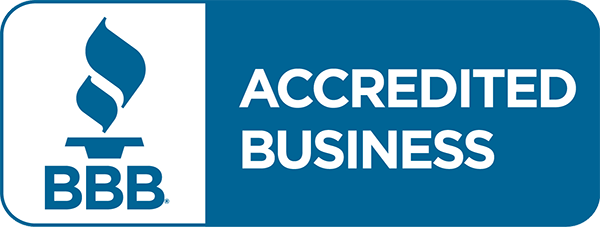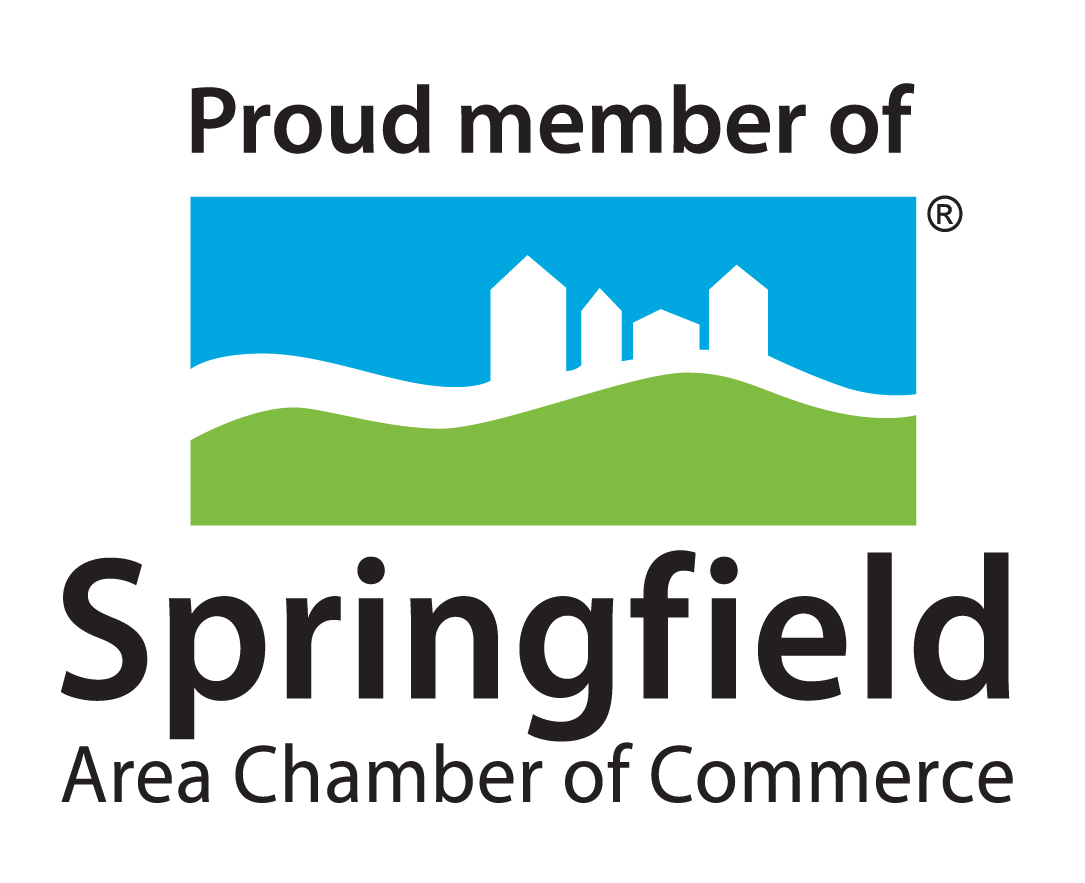Protect Your Property Using These Bankruptcy Exemptions
If you are filing for bankruptcy in Missouri, it is important to know any exceptions that may apply to your assets. Property that is not covered by an exemption may be sold or become part of a repayment plan, depending on the type of bankruptcy you file. To learn more about bankruptcy exemptions, you need to speak with a qualified attorney.
At Debt Doctors of Missouri, we have over 25 years of experience helping people throughout Missouri find financial freedom through bankruptcy. We will work with you to determine the applicable exemptions and which type of bankruptcy would be best for you and your family. If you are considering filing for bankruptcy, contact our office at (417) 466-3328 to schedule a free, confidential consultation.
What Are Bankruptcy Exemptions?
The State of Missouri allows people filing for bankruptcy to protect certain essential assets. These protections are known as bankruptcy exemptions. Allowable exemptions are codified in the Missouri Revised Statutes. However, you should still speak with an attorney to determine what exemptions you may take when you file.
Bankruptcy exemptions allowed under Missouri law include but are not limited to:
- Homestead Exemption: $15,000 of equity in your primary residence or up to $5,000 of equity in a mobile home used as a principal residence.
- Motor Vehicle Exemption: Up to $3,000 in value.
- Personal Property Exemption: Not to exceed $3,000 in value. Personal property may include household furnishings and goods, wedding apparel, books, animals, musical instruments, etc.
- Jewelry Exemption: This may include a wedding ring up to $1,500 in value or other jewelry up to $500.
- Tools of the Trade Exemption: Up to $3,000 in value, may include implements, professional books, or other tools of the trade.
- Firearm Exemption: Not to exceed $1,500 in value.
- Retirement Account and Insurance Exemption: Certain retirement accounts and insurance policies are exempt such as unmatured life insurance, disability benefits, state employees’ retirement benefits, firefighter retirement benefits, etc.
- Wildcard Exemption: Bankruptcy filers are allowed a wildcard exemption of nonexempt property of up to $600 in value. Heads of household receive a larger exemption.
- Public Benefits Exemption: Workers’ compensation, social security benefits, and unemployment are also exempt.
These are only a few of the many exemptions allowed under Missouri law. A bankruptcy attorney can discuss each exemption in detail and help to determine whether you are eligible.
Who Qualifies for Missouri Bankruptcy Exemptions?
To use Missouri's exemptions, you must meet specific residency requirements:
- You must have lived in Missouri for at least 730 days (two years) before filing.
- If you have not lived in Missouri for that amount of time, you may need to use the exemptions from your previous state of residence.
This ensures that individuals cannot move to Missouri solely for the benefit of using its bankruptcy exemptions.
Does It Matter Whether I File Chapter 7 or Chapter 13 Bankruptcy?
The exemptions are the same whether you file Chapter 7 or Chapter 13 bankruptcy. The only difference is in how non-exempt property is handled.
Missouri Chapter 7 Exemptions
Chapter 7 bankruptcy, often called "liquidation bankruptcy," aims to eliminate most unsecured debts quickly. Under this chapter:
- Non-exempt property may be sold by a bankruptcy trustee to pay creditors.
- Exemptions like the homestead exemption Missouri or motor vehicle exemption protect specific property from being sold.
For example, if you have $13,000 of equity in your home, you can apply Missouri's $15,000 homestead exemption, enabling you to keep the property.
Missouri Chapter 13 Exemptions
On the other hand, Chapter 13 bankruptcy centers on creating a repayment plan over three to five years. With Chapter 13:
- You can keep all your property, including any non-exempt assets.
- Any non-exempt property impacts the amount you must repay creditors under the repayment plan.
For instance, if you own an asset worth more than Missouri's exemption limit, you may need to repay creditors an equal value as part of the Chapter 13 exemptions.
Avoiding Common Exemption Mistakes
While exemptions can be advantageous, there are pitfalls to avoid:
- Filing Confusion: If you’ve moved states recently, consult a bankruptcy attorney to verify which exemptions you qualify for.
- Improper Use of Wildcard Exemptions: Misapplication of wildcard exemptions can lead to disputes with trustees or creditors.
- Assuming Unlimited Protections: Most exemptions have strict value limits. Failing to adhere could result in losing non-exempt assets.
It’s always best to work with an experienced attorney who understands the nuances of Missouri bankruptcy laws to avoid costly mistakes during your case.
Next Steps for Filing Bankruptcy in Missouri
The path to financial relief begins with a solid understanding of Missouri bankruptcy exemptions and how they apply to your unique situation. Whether you’re leaning toward Chapter 7 or Chapter 13 bankruptcy, these safeguards ensure that you can retain crucial assets to move forward.
At Debt Doctors of Missouri, we specialize in guiding individuals through the complexities of Missouri bankruptcy laws. With over 25 years of experience, our team is uniquely equipped to assess your financial situation, identify applicable Missouri chapter 7 exemptions or Chapter 13 exemptions, and help you understand how the homestead exemption Missouri and other protections could work for you.
Considering Filing for Bankruptcy in Missouri? Contact Our Office
If you are considering filing for bankruptcy in Missouri, contact our office at (417) 466-3328 to schedule a free consultation. All bankruptcy case evaluations are confidential and provided without obligation to retain our services.




